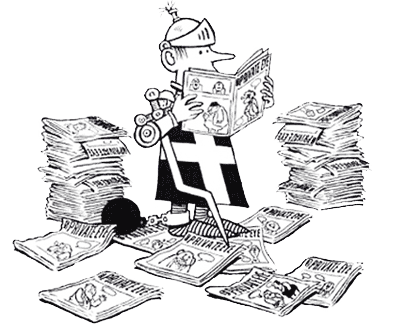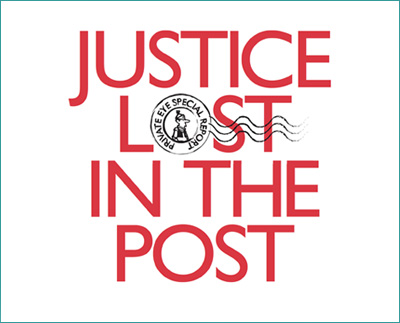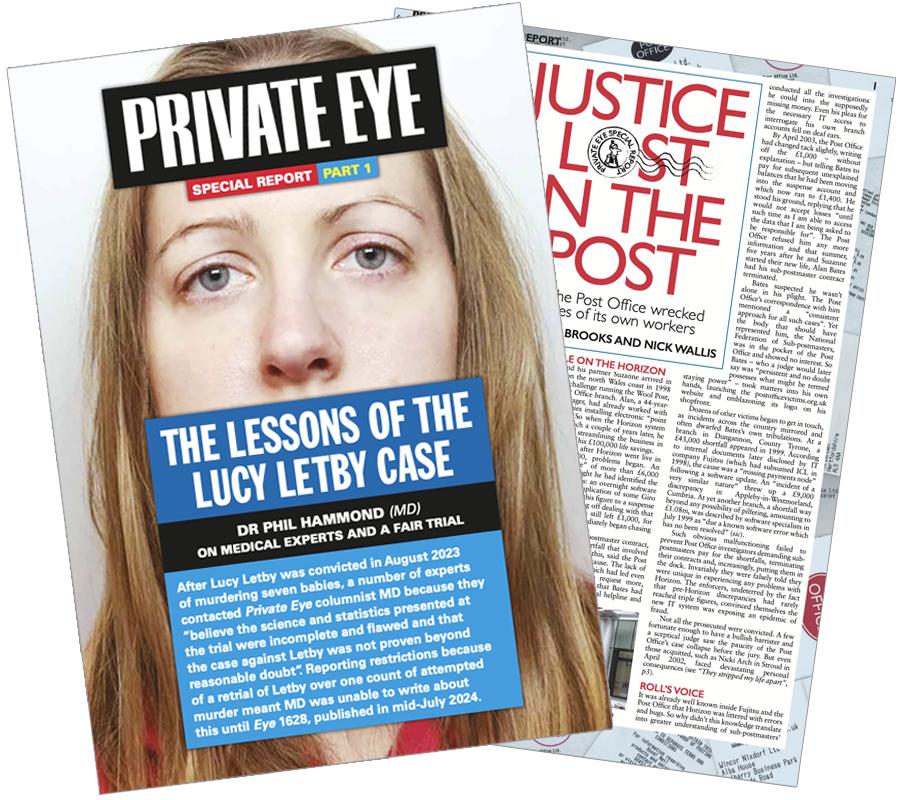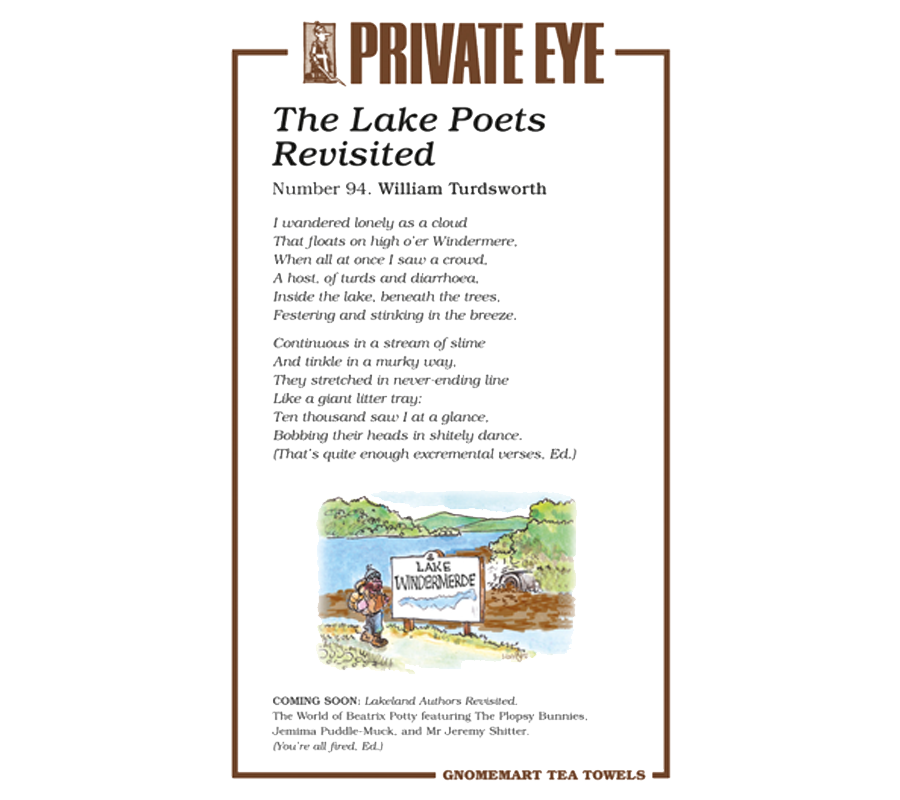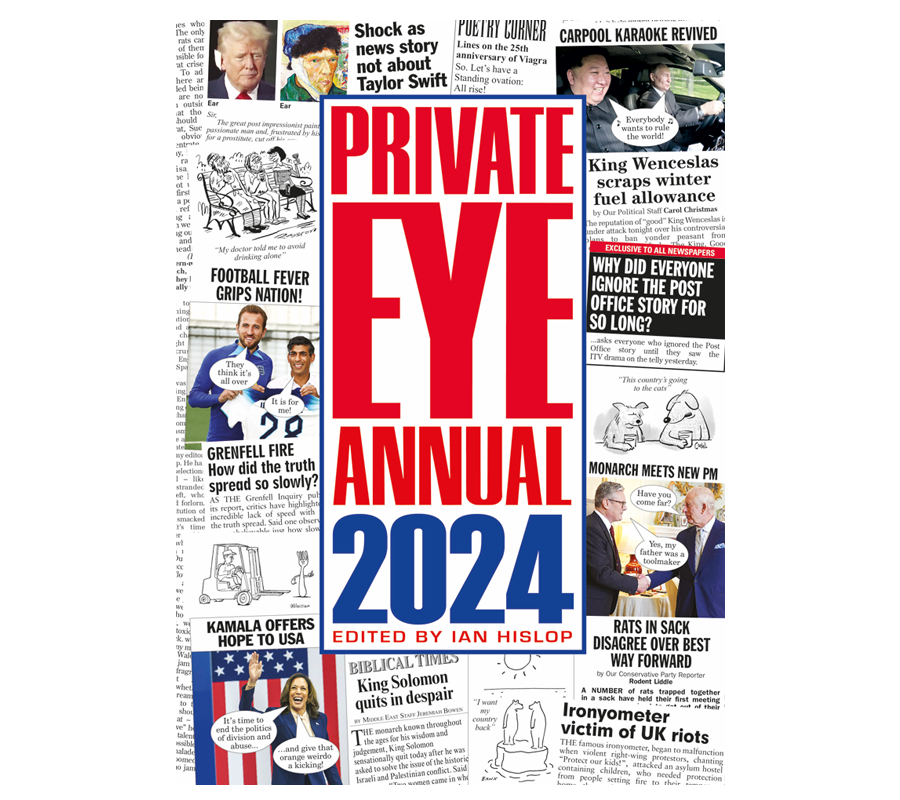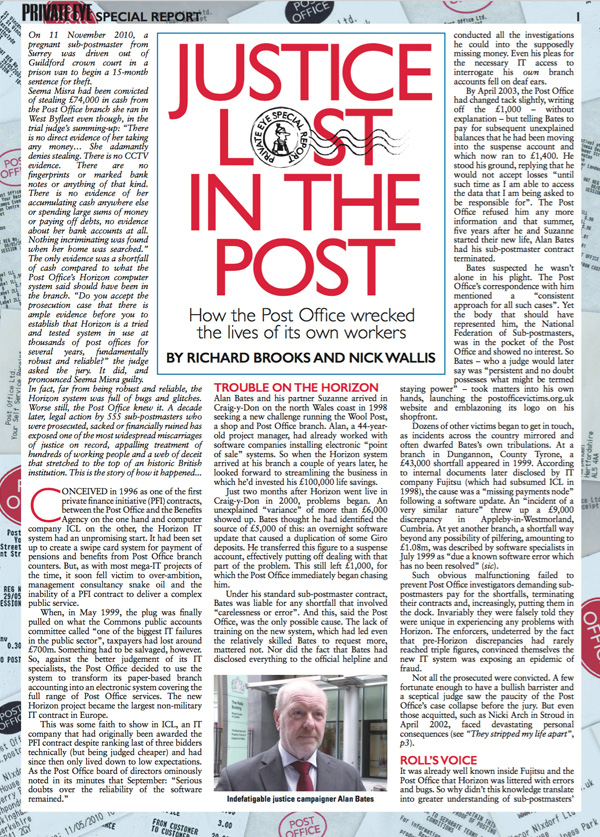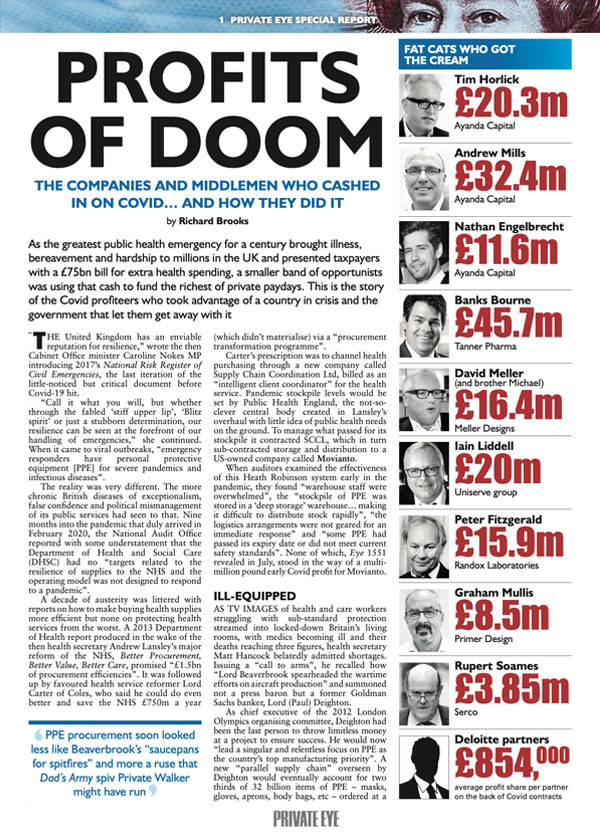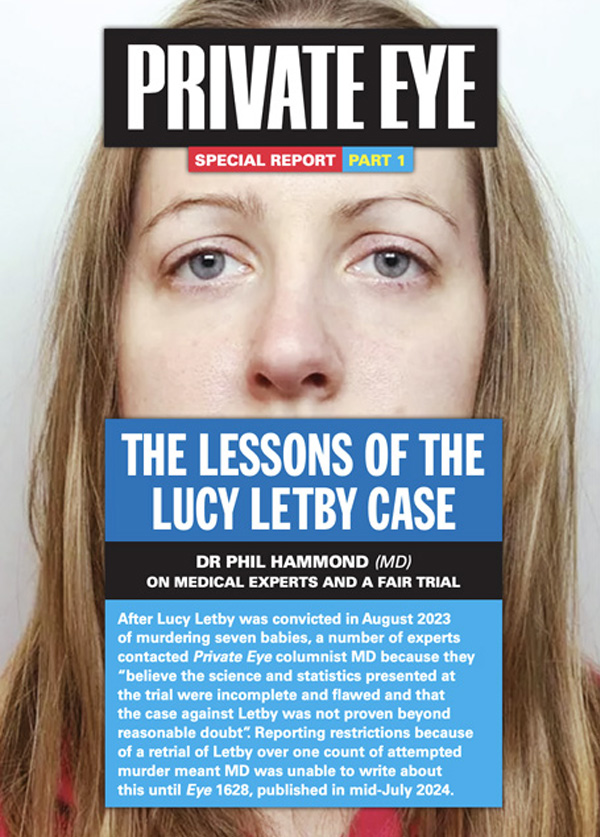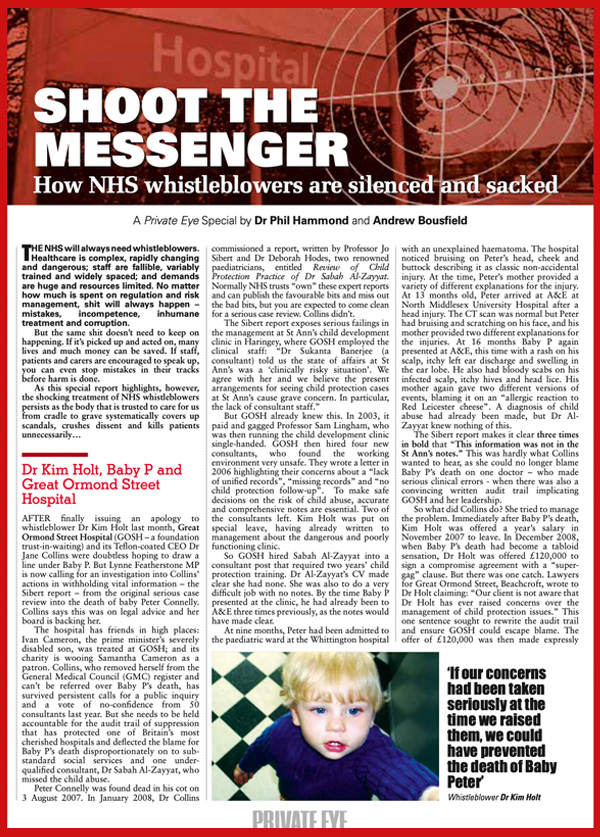
Those Late Paying Councillors In Full
Did your elected representatives pay their council tax on time in 2016-17?
WELCOME to the Eye's updated interactive map showing which local authority councillors failed to pay on time the tax they ask everyone else to pay.
We asked all 377 local authorities in England, Scotland and Wales that process council tax payments if their elected representatives had settled their bills on time in the 2016-17 tax year. We asked how many councillors received reminder letters, how many were summonsed to court (or, in Scotland, given summary warrants), how many of those cases went ahead and how many councillors were barred from voting on the council's budget as a direct result of their own council tax affairs. We asked for the names of all those barred - with varying degrees of success.
© Crown copyright Ordnance Survey
Of the councils that responded to our enquiries in full, 96 had a clean bill of health - no reminders needed to be sent (compared with 109 in 2015-16). Meanwhile, 277 councils sent reminder letters to at least one councillor (compared with 243 in 2015-16). Four councils refused to provide these figures - Bromsgrove and Redditch; Fife; Kings Lynn and West Norfolk and Perth and Kinross.
Bradford city council and West Lancashire council were the worst for late payments, each having to send reminders to 10 councillors. Bradford had to summons two to court and West Lancashire one. That councillor, Labour's Terry Devine, was barred from voting. Bristol city council, meanwhile, was the worst for summonses - it had to take five councillors to court. All of them paid up afterwards.
Across the three countries, 729 councillors received reminder letters (723 in 2015-16) and 143 councillors were then summonsed (157 in 2015-16). After being summonsed to court, 58 councillors either paid their bill or sought help from their council - as you would imagine they would advise their constituents to do in the same situation. In some cases councillors were allowed to set up a payment plan or arrange for cash to be taken from their member allowances. This figure in 2015-16 was 67.
The remaining 85 councillors (92 in 2015-16) seemingly did not take action to persuade their council from going to court (though Scottish councils do not need to go to court as they operate the summary warrant procedure). In most instances, the attention of the bench seemed to do the trick, as 61 councillors paid (74 in 2015-16) after their cases were heard.
In total there were 24 councillors (16 in 2015-16) who failed to settle their bills after court or whose cases came to light around the time of their council's budget meeting and they were either barred from voting on the council's budget or excluded themselves from the process, fearing that they would be.
Of course, some councillors have good reason for failing to pay up: some have spoken of serious illness or bereavement, family crises or the collapse of businesses. During the information gathering process, some councils contacted the affected councillors and gave them a right of reply as part of the response to us. Some elected members were at pains to explain their unique predicaments. People are not heartless - they would arguably forgive those affected by such trying circumstances, but very few councillors proactively "confess" to the electorate about financial faux pas until someone asks difficult questions.
To ward off hypocrisy, the Local Government Finance Act forbids councillors from voting on the council's budget - and determining the council tax - if they themselves have missed payments for two consecutive months and have not taken action to remedy the problem. The act states that such councillors either have to stay away from the meetings or, if they want to show up, they must stand up before their peers and explain why they cannot vote. Failure to take those steps is a criminal offence and can result in a maximum fine of £1,000 at a magistrates' court.
So, if you live in Anglesey, Barrow-in-Furness, Bridgend, Chelmsford, Chorley, Darlington, East Lindsey, Erewash, Herefordshire, Hull, Leicester, Maldon, North Warwickshire, Nottingham, Pendle, Richmondshire, Rotherham, Shropshire, South Norfolk, South Somerset, Stevenage, Tewkesbury, West Lancashire or Wigan, at least one councillor who was supposed to be representing you could not vote at the most vital meeting of the year due to this law. Of those councils, Chelmsford and South Norfolk would not say which councillors they had barred from voting on the budget. Transparency and openness in local government seems to have a way to go in some places.
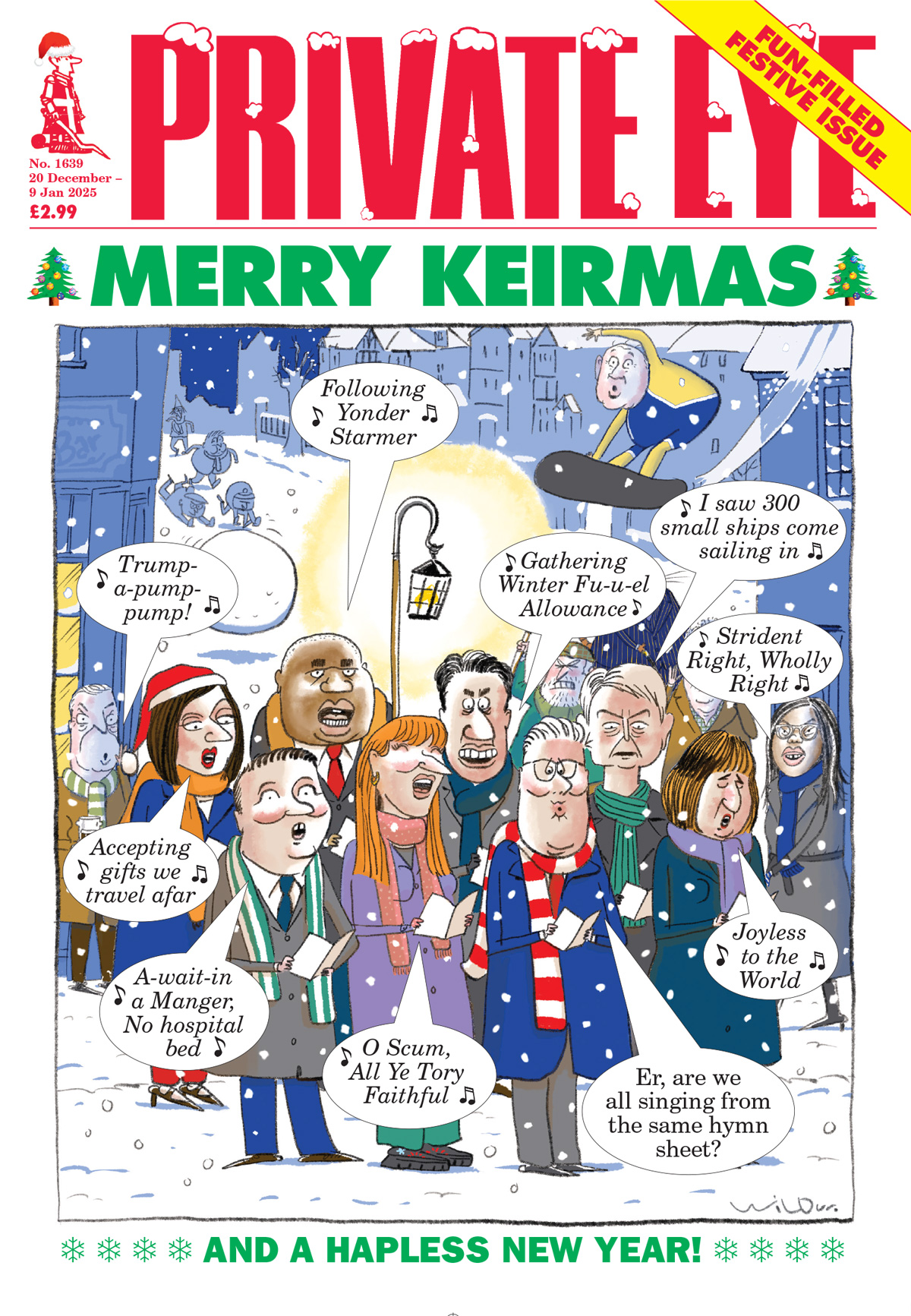
 Christmas Giftmart
Christmas Giftmart
Stocking-fillers, including the Lord Alli gift card
Log-rolling
Who had the least shame this year in the publishing world
Prize Crossword
Take on Cyclops for your chance to win £250
Read these stories and much more - only in the magazine. Subscribe here to get delivery direct to your home and never miss an issue!
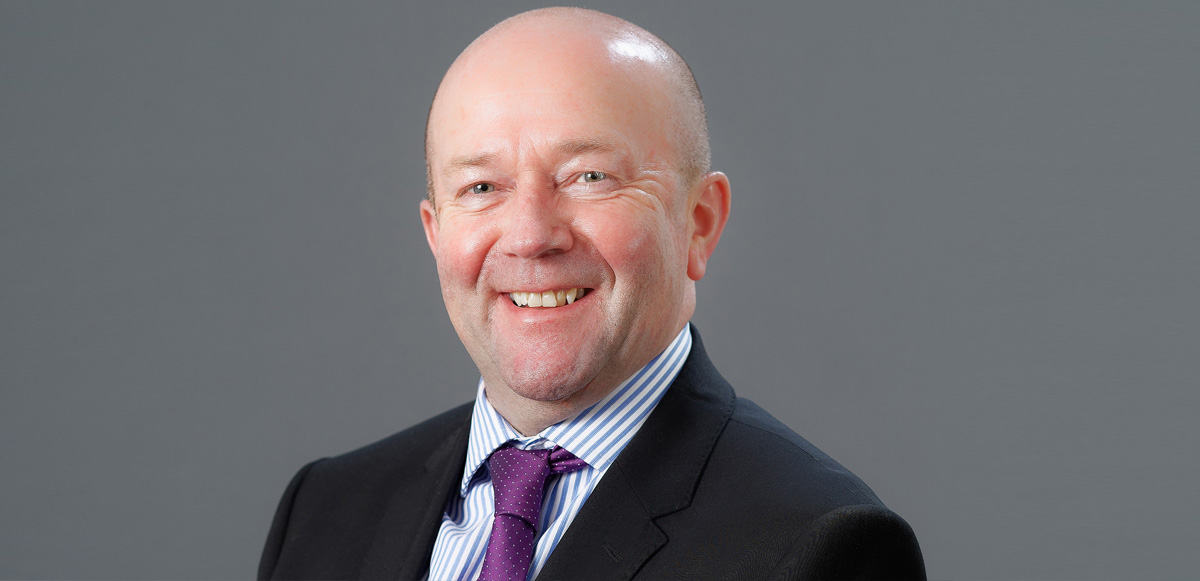
Welsh Water's execs drowning in cash News, Issue 1638

Seb Coe's Olympic charm offensive In The Back, Issue 1638

The hypocrisy over the PM's flights Street Of Shame, Issue 1639










